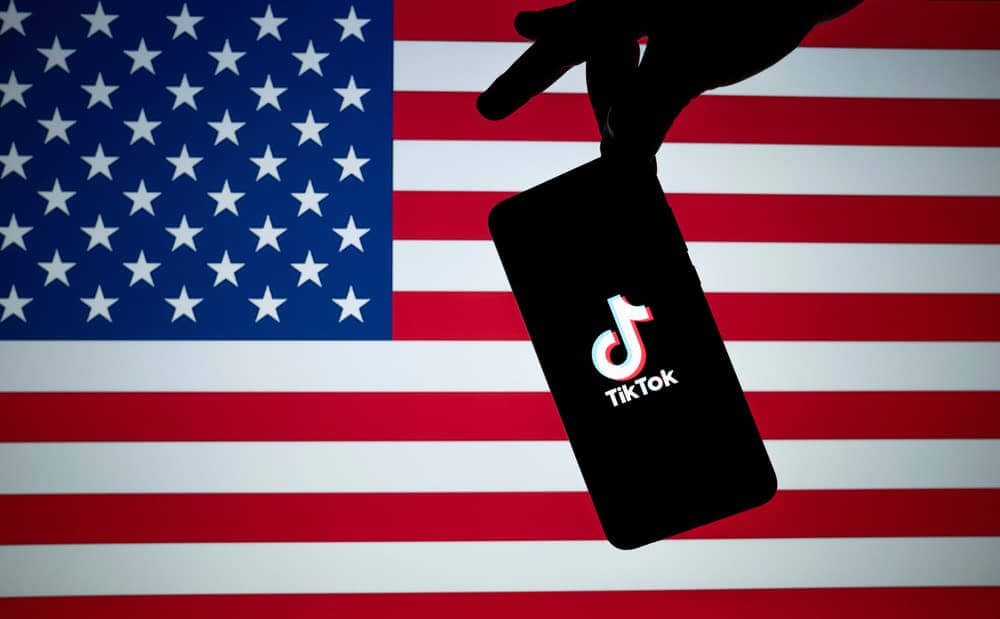
TikTok’s Stand on Free Speech Amid Potential US Ban
Quick Look:
- US House Bill Progress: Bill to ban TikTok moves to Senate after strong House support; President Biden likely to endorse.
- TikTok’s Free Speech Claim: Asserts a ban infringes on American free speech rights, supported by ACLU’s opposition.
- National Security vs. Privacy: Concerns over Chinese data access conflict with calls for robust US data privacy laws.
Recently, events have taken a new turn. TikTok reaffirmed its commitment to free speech. This was in response to a bill the U.S. House of Representatives passed. The bill might prohibit the app if ByteDance, its Chinese parent company, does not divest its stake within a year.
This legislative move has now been forwarded to the Senate and awaits further deliberation. President Joe Biden has expressed his willingness to endorse the bill, echoing the sentiments of bipartisan concerns over national security risks.
TikTok argued that this ban, presented as a foreign aid package, undermines the free speech rights of millions of Americans. This issue isn’t new. Previously, TikTok criticised similar measures, including a state-level ban in Montana. It argued that this ban violated First Amendment rights. Additionally, the American Civil Liberties Union has opposed the bill. This opposition strengthens the ongoing debate about free speech related to this widely-used social media platform.
U.S. Officials Debate TikTok’s National Security Risks
The core of the legislative concern lies in the potential for national security breaches. U.S. officials, including Democratic Senator Mark Warner, Chairman of the Senate Intelligence Committee, argue that TikTok could serve as a vehicle for Chinese propaganda and data exploitation. This perspective is bolstered by fears that the Chinese government could leverage TikTok to access vast amounts of U.S. user data, posing a significant threat to national security.
Despite these concerns, TikTok insists it has never shared U.S. user data with the Chinese government and never will. However, the Knight First Amendment Institute at Columbia University argues that the ban may not effectively reduce the risk. Foreign adversaries can still obtain American data through other brokers and platforms. This point adds complexity to the discussion, underscoring the difficulties of tackling cybersecurity and data privacy issues in a connected global environment.
Legislative Path Forward and Broader Implications
As the Senate gears up to potentially vote on the bill, the broader implications of a TikTok ban are being hotly debated. Some lawmakers, like Democratic Representative Ro Khanna, suggest that such a ban might not withstand legal scrutiny under the U.S. Constitution’s free speech protections.
Instead, there are calls for more robust data privacy legislation that could provide a balanced approach to protecting national interests without infringing on constitutional rights.
Furthermore, the TikTok issue has escalated to international prominence. It has featured in discussions between President Biden and Chinese President Xi Jinping, underlining the global implications. As the U.S. Senate considers its next move, the world is watching intently. This decision might establish a precedent for how democracies handle technology, free speech, and national security today.
As this legislative drama unfolds, the fate of TikTok hangs in the balance, symbolising a pivotal moment in the ongoing debate over digital sovereignty and the boundaries of free expression in the internet era.




